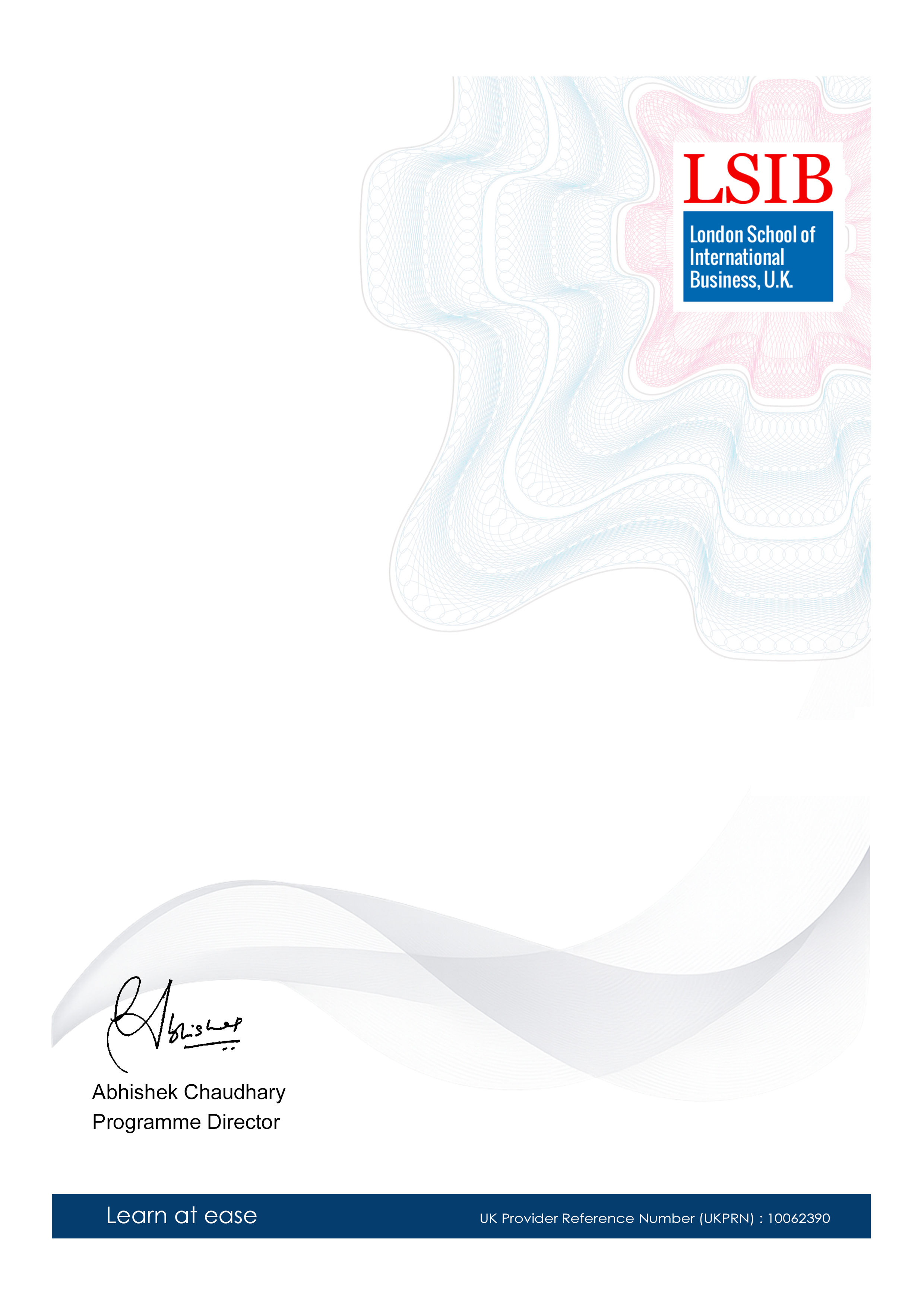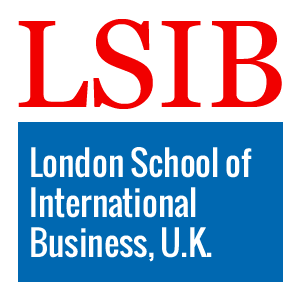Bridging the Skills Gap in E-commerce with Professional Diploma in Idea Generation Techniques for Design thinking
-- viewing nowBridging the Skills Gap in E-commerce with Professional Diploma in Idea Generation Techniques for Design thinking. Are you an e-commerce professional looking to bridge the skills gap in your organization? Do you want to stay ahead of the competition with innovative ideas and solutions? This Professional Diploma in Idea Generation Techniques for Design thinking is designed for e-commerce professionals, entrepreneurs, and innovators who want to develop the skills to generate and implement innovative ideas.
2,040+
Students enrolled
GBP £ 140
GBP £ 202
Save 44% with our special offer
About this course
100% online
Learn from anywhere
Shareable certificate
Add to your LinkedIn profile
2 months to complete
at 2-3 hours a week
Start anytime
No waiting period
Course details
This unit introduces students to the core principles of design thinking, including empathy, ideation, prototyping, and testing. It lays the groundwork for the rest of the program and helps students develop a user-centered approach to problem-solving. • Human-Centered Design Methods
In this unit, students learn various human-centered design methods, such as user research, customer journey mapping, and service design. These methods help students understand customer needs and develop innovative solutions. • Idea Generation Techniques
This unit focuses on the skills and tools needed to generate innovative ideas, including brainstorming, mind mapping, and SCAMPER. Students learn how to overcome creative blocks and develop a wide range of ideas. • Prototyping and Testing
In this unit, students learn how to create and test prototypes, including low-fidelity sketches, high-fidelity models, and digital prototypes. They also learn how to conduct usability testing and gather feedback from users. • Empathy and User Research
This unit delves deeper into the importance of empathy in design thinking, including user research methods, such as interviews, surveys, and usability testing. Students learn how to gather and analyze user data to inform design decisions. • Service Design and Experience Mapping
In this unit, students learn how to design end-to-end experiences, including service design and experience mapping. They learn how to map customer journeys and develop innovative solutions to improve customer experiences. • Design Thinking for E-commerce
This unit applies design thinking principles to e-commerce, including understanding customer needs, developing innovative solutions, and testing and iterating on designs. Students learn how to apply design thinking to e-commerce challenges. • Business Model Innovation
In this unit, students learn how to develop and innovate business models, including understanding customer needs, developing revenue streams, and testing and iterating on business models. • Strategic Design Thinking
This unit focuses on the strategic application of design thinking, including understanding organizational goals, developing design strategies, and implementing design solutions. • Design Thinking for Social Impact
In this unit, students learn how to apply design thinking to social impact challenges, including understanding social needs, developing innovative solutions, and testing and iterating on designs.
Career path
| Role | Salary Range (GBP) |
|---|---|
| UX Designer - Responsible for creating user-centered design solutions for e-commerce platforms. | £40,000 - £60,000 |
| Product Manager - Oversees the development and launch of new e-commerce products and features. | £60,000 - £90,000 |
| Design Thinking Coach - Trains and mentors teams in design thinking methodologies for innovation and problem-solving. | £50,000 - £70,000 |
| E-commerce Strategist - Develops and implements e-commerce strategies to drive business growth and revenue. | £60,000 - £80,000 |
Entry requirements
- Basic understanding of the subject matter
- Proficiency in English language
- Computer and internet access
- Basic computer skills
- Dedication to complete the course
No prior formal qualifications required. Course designed for accessibility.
Course status
This course provides practical knowledge and skills for professional development. It is:
- Not accredited by a recognized body
- Not regulated by an authorized institution
- Complementary to formal qualifications
You'll receive a certificate of completion upon successfully finishing the course.
Why people choose us for their career
Loading reviews...
Frequently Asked Questions
Course fee
- 3-4 hours per week
- Early certificate delivery
- Open enrollment - start anytime
- 2-3 hours per week
- Regular certificate delivery
- Open enrollment - start anytime
- Full course access
- Digital certificate
- Course materials
Get course information
Earn a career certificate

